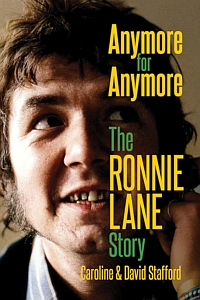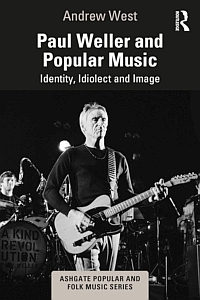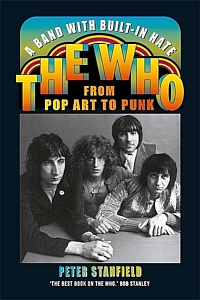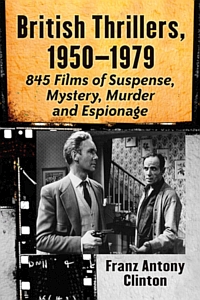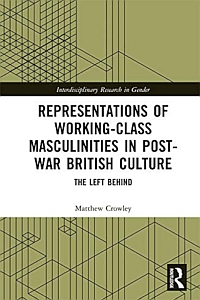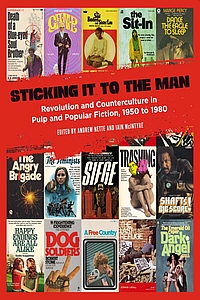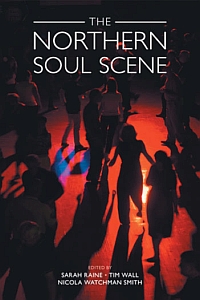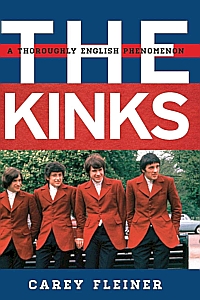Authors Catherine and David Stafford’s new title on one of Britain’s most important bass players, Ronnie Lane (1946-1997), successfully fills some information gaps rock music lovers may have encountered, concerning show biz and London’s music scene of the 1960s and 70s. Their Anymore for Anymore: The Ronnie Lane Story tells of his humble beginnings as […]
You are browsing archives for
Tag: 1970s England
Paul Weller and Popular Music. Identity, Idiolect and Image by Andrew West (2023)
There is hardly another active English musician who can look back on a catalog of great music and social comment like Paul Weller, former front man of significant bands of the 1970s, 1980s and well-known solo artist of the 2000s, and also as a political voice addressing important issues. On roughly 160 pages author Andrew […]
A Band with Built-In Hate: The Who from Pop Art to Punk by Peter Stanfield (2021)
The story of The Who, a band that started out as The Detours and the High Numbers, is probably the best example of a group that combined an innovative stage show that incorporated ideas borrowed from art theory with a strong dialogue directed at a style-minded fan base and consumer culture. “Across The Who’s first […]
British Thrillers, 1950–1979 … by Franz Antony Clinton (2020)
The era from the early 1950s to the mid-1960s probably was the busiest period of the British film industry. Many thrillers were shot in those years, including a great number of movies (and B movies) that often featured American actors; this arrangement would draw audiences to cinemas in England and simultaneously ensure interest for moviegoers […]
Representations of Working-Class Masculinities in Post-War British Culture: The Left Behind by Matth...
When considering his main subjects, author Matthew Crowley emphasizes that there are many different ways to live a certain working-class masculinity, as there never was just one single “traditional” experience or one simple, unified path that would lead to such an experience for every English male working-class person in the mid-20th century. In his study […]
Sticking It to the Man: Revolution and Counterculture in Pulp and … by Iain McIntyre and Andrew Nett
The latest work edited by Iain McIntyre and Andrew Nette has the focus on pulp fiction published in English and connected to and influenced by the Counterculture and ideas of revolution. The emphasis is on “the long sixties,” meaning the aftermath of that truly revolutionary decade that was at work long into the 1970s, in […]
The Northern Soul Scene by Sarah E. Raine et al. (eds.) (2019)
Only a few recent local dance scenes gained enough influence on a global scale, so they could be called some sort of movement; with powerful and addictive rhythms, strong horn sections, strings, highly emotional (shouted) lyrics, an overall richly decorated studio sound, a positive outlook (in the lyrics), a genre of late-1960s soul music, played […]
The Kinks: A Thoroughly English Phenomenon by Cary Fleiner (2017)
Apart from a few stylistic irritations (like some explorations in country rock in the early 1970s), the musical output of the Kinks always was famous for particularly one thing: it was English, very much so. And it enlarged on aspects of everyday life in Britain “…such as work play, buying a house, driving a car, […]
The Who and Philosophy by Rocco Gennaro and Casey Harison (eds.) (2016)
According to the editors, this is the first study of some philosophical aspects that are connected with the rock band The Who (while there already are many books that deal with meaning and criticism in the lyrics and works of other famous pop stars). Naturally, all the authors share a common admiration for the band […]

